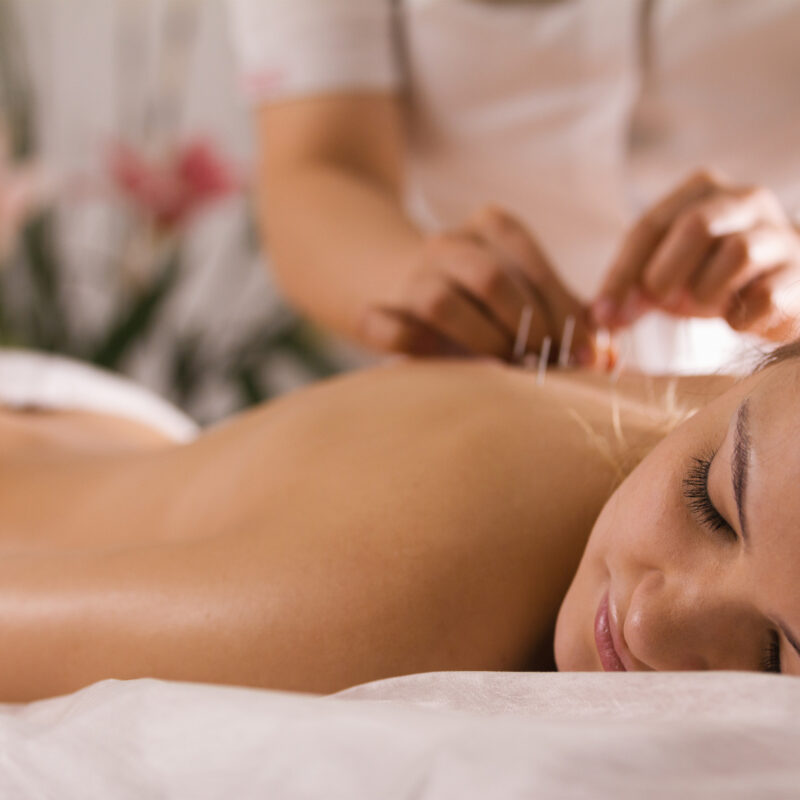
Traditional Chinese Medicine & Acupuncture
Traditional Chinese Medicine (TCM) is a holistic approach to health and wellness that has been practiced for thousands of years. By restoring balance to your body's vital energy (Qi), TCM helps you achieve optimal well-being naturally. Acupuncture, one of its most powerful techniques, uses fine, gentle needles to stimulate specific points, enhance energy flow, and support your body’s natural healing process.
Initial Visit $140
Follow-up Visit (45 minutes) $100
Follow-up Visit (60 minutes) $120
Book
Cancelled or Missed Appointments Paid in Full by Client (24-hour notice required).
Please review our consent form.
TCM & Acupuncture
For thousands of years, TCM has offered a holistic approach to health, focusing on restoring harmony within the body by balancing its vital energy — Qi. Through a combination of herbal remedies, dietary therapy, and physical exercises, TCM nurtures overall well-being and prevents illness.
At the heart of TCM lies ACUPUNCTURE, an ancient practice that extends beyond pain relief to address a wide range of health concerns. Rooted in the belief that Qi flows through meridians (energy channels) beneath the skin, acupuncture helps regulate this energy by inserting fine needles at specific points. When Qi becomes blocked or unbalanced — due to stress, emotional turmoil, poor diet, environmental factors, or trauma — illness can arise.
By stimulating the body’s natural healing mechanisms, acupuncture promotes the smooth circulation of Qi, restores equilibrium, and supports overall vitality. This time-honored practice treats not just symptoms but the whole person, fostering balance in both body and mind.
WHat can TCM & Acupuncture do?
TCM & Acupuncture is used to treat a wide variety of health conditions.
Here are some conditions that TCM and acupuncture have been proven effective for:
- Insomnia and sleep disorder
- Stress and Anxiety
- Infertility and IVF support
- Dysmenorrhea
- Irregular menstruation
- Premenstrual syndrome (PMS)
- Menopause symptoms
- Overweight
- Digestive disorders (Acid reflux, IBS)
- Facial paralysis (Bell’s palsy)
- Chronic fatigue syndrome
- Dizziness/Vertigo
- Headaches and migraines
- Neck-shoulder-back pain
- Lower back pain and sciatica
- Knee pain
- Shingles pain
- Urinary incontinence
Does acupuncture hurt?
Acupuncture is generally a comfortable experience, with minimal to no discomfort. Sensitivity varies from person to person — many don’t even notice the needles being inserted, while those with higher sensitivity may feel a brief tingling or a sensation similar to a tiny mosquito bite. Even then, this feeling lasts only for a split second. In fact, most people find acupuncture deeply relaxing, often drifting into a peaceful nap while the needles work their magic.
What is expected for your initial session?
Your TCM practitioner or acupuncturist will begin by conducting a thorough assessment of your body’s unique constitution using time-honored TCM diagnostic techniques. This involves a series of carefully tailored questions about your overall health, medical history, current symptoms, and any previous treatments you’ve received.
When necessary, a physical examination may also be performed to gain deeper insights into your condition. Once your practitioner has gathered all the essential information, they will discuss a personalized treatment plan with you, ensuring it aligns with your needs and comfort. With your informed consent, your journey toward balance and well-being will begin through expert-guided TCM therapies.
Are there any precautions when coming for an acupuncture session?
Please avoid coming for acupuncture on an empty stomach or immediately after a heavy meal. An empty stomach may cause dizziness, while a full stomach may lead to nausea. Additionally, please refrain from consuming alcohol before your acupuncture appointment.
